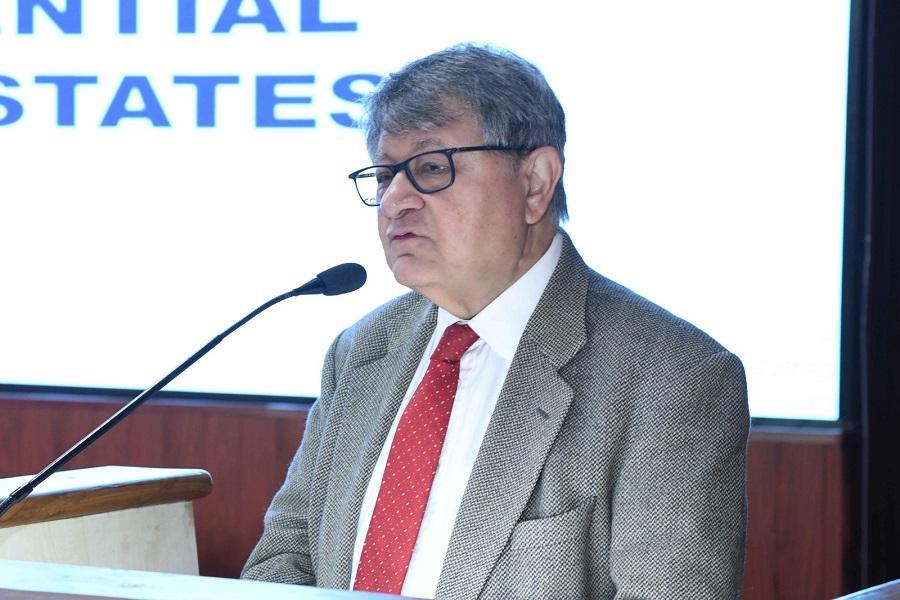
India Must Attract Global MSMEs to Stay Competitive: Suman Bery
In today’s fast-paced and competitive global economy, innovation and agility are key to driving growth and staying ahead of the curve. Small and Medium-Sized Enterprises (MSMEs) are the backbone of any economy, and India is no exception. According to Suman Bery, the Vice-Chairman of NITI Aayog, India needs to attract MSMEs from other countries to drive competitiveness and integrate small and medium enterprises with larger supply chains to achieve 7-8 percent economic growth.
In a recent statement, Bery emphasized the importance of attracting foreign MSMEs to drive growth and competitiveness in India. He believes that this can be achieved by creating a vibrant relationship between domestic MSMEs and large-scale corporates to which they contribute. This strategy can help India to not only attract global talent and expertise but also to boost its economic growth.
The importance of MSMEs in India’s economy cannot be overstated. MSMEs account for around 30% of the country’s GDP and employ around 40% of the workforce. They are also responsible for around 45% of India’s exports and 50% of its industrial production. Despite their significance, MSMEs in India face several challenges, including limited access to finance, infrastructure, and technology.
One of the key challenges facing MSMEs in India is the lack of access to finance. Many MSMEs struggle to access credit from traditional banks and financial institutions, which often have stringent lending criteria and high interest rates. This can make it difficult for MSMEs to scale up their operations and invest in new technologies and innovations.
Another major challenge facing MSMEs in India is the limited availability of infrastructure. Many MSMEs are located in areas with inadequate infrastructure, including poor road connectivity, limited electricity supply, and inadequate water supply. This can make it difficult for MSMEs to operate efficiently and effectively.
Technology is another area where MSMEs in India face challenges. Many MSMEs lack the resources and expertise to adopt new technologies and innovations, which can make them less competitive in the global market.
To address these challenges and attract global MSMEs, the Indian government has introduced several policies and initiatives. For example, the government has launched several programs to provide funding and support to MSMEs, including the Micro Units Development and Refinance Agency (MUDRA) scheme and the Pradhan Mantri Mudra Yojana (PMMY) scheme.
The government has also launched several initiatives to improve infrastructure and provide access to technology for MSMEs. For example, the government has launched several programs to improve road connectivity and provide reliable electricity supply to MSMEs.
In addition, the government has also taken several steps to promote innovation and entrepreneurship among MSMEs. For example, the government has launched several programs to provide funding and support to startups and innovative businesses, including the Start-up India initiative and the Atal Innovation Mission (AIM) scheme.
Attracting foreign MSMEs can also help India to boost its economic growth and competitiveness. Foreign MSMEs can bring new technologies, expertise, and innovations to India, which can help to drive growth and development. Additionally, foreign MSMEs can also help to create jobs and stimulate local economies.
In conclusion, attracting global MSMEs is crucial for India to stay competitive and achieve 7-8 percent economic growth. To achieve this, the Indian government needs to create a vibrant relationship between domestic MSMEs and large-scale corporates to which they contribute. This can be achieved by providing funding and support to MSMEs, improving infrastructure and providing access to technology, and promoting innovation and entrepreneurship among MSMEs.
Source:






